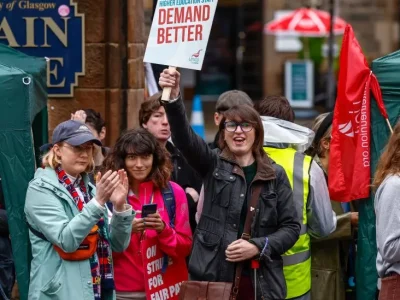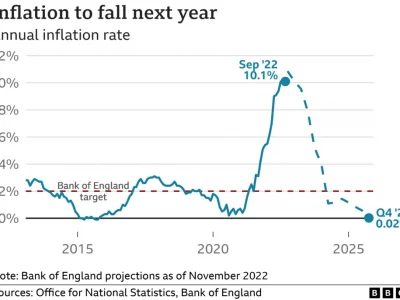UN Climate envoy and ex-Bank of England boss Mark Carney’s firm sold farms in Brazil linked to deforestation claims. The move comes despite his call on owners to fix rather than sell climate-damaging assets. Canadian giant Brookfield deforested 9,000 hectares of the important Cerrado savanna region, according to an analysis by the campaign group Global Witness. Brookfield said it decided to sell several years ago and it’s working on ways to retire damaging investments. Before the end of his term as Governor of the Bank of England, the Canadian banker Mark Carney began to establish a new role as one of the world’s leading advocates for action to tackle climate change.
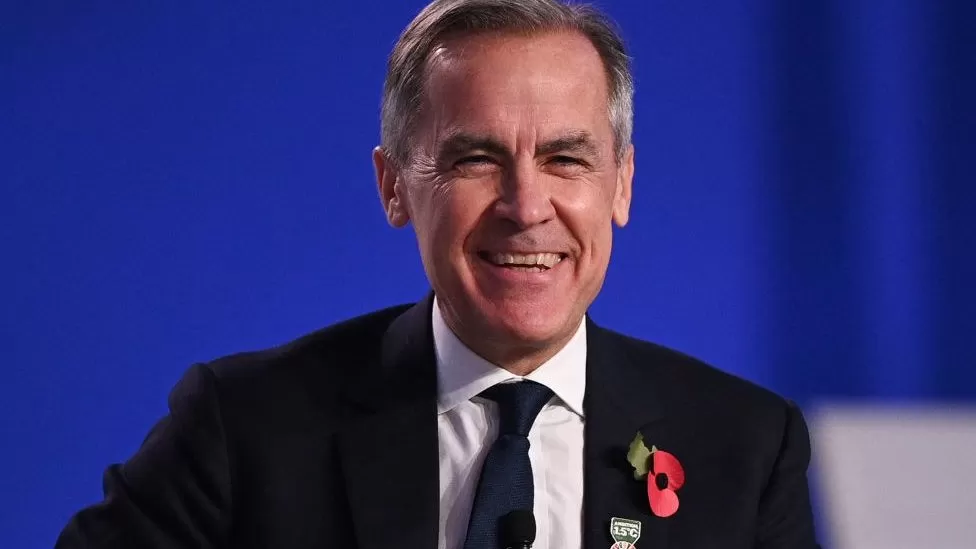
He was appointed UN Special Envoy on Climate Action and Finance in 2019, and in 2021 he helped to launch the Glasgow Financial Alliance for Net Zero (GFANZ), a vast coalition of more than 500 financial institutions working on ways to decarbonize the economy. He also has a lower-profile job. In 2020 he joined Brookfield, one of Canada’s largest businesses, with over $700bn (£5.8bn) of assets under management. These range from energy and infrastructure to real estate and even music – it recently bought the rights to a number of Whitney Houston songs.
Mr Carney started as vice chair and environmental transition lead, and this month he was made chair of the asset management arm of the firm. Among Brookfield’s collection of assets was 267,000 hectares in Brazil, producing soybeans, sugar, corn and cattle – and the management and disposal of that land is apparently at odds with the policies he advocates in his role as climate leader.
Deforestation claims
A report by the campaign group Global Witness linked deforestation alerts from Brazil’s National Institute for Space Research to companies owned or controlled by Brookfield. It estimates that between 2012 and 2021 Brookfield’s subsidiaries deforested around 9,000 hectares on eight large farms in the Cerrado region of Brazil, an vast area bordering the The World Wide Fund for Nature describes the Cerrado as “the world’s most biodiverse savanna,” whose preservation is essential to keeping global warming below 1.5%. According to Global Witness, the deforested areas were converted to soybean farms, which Brookfield sold in 2021.
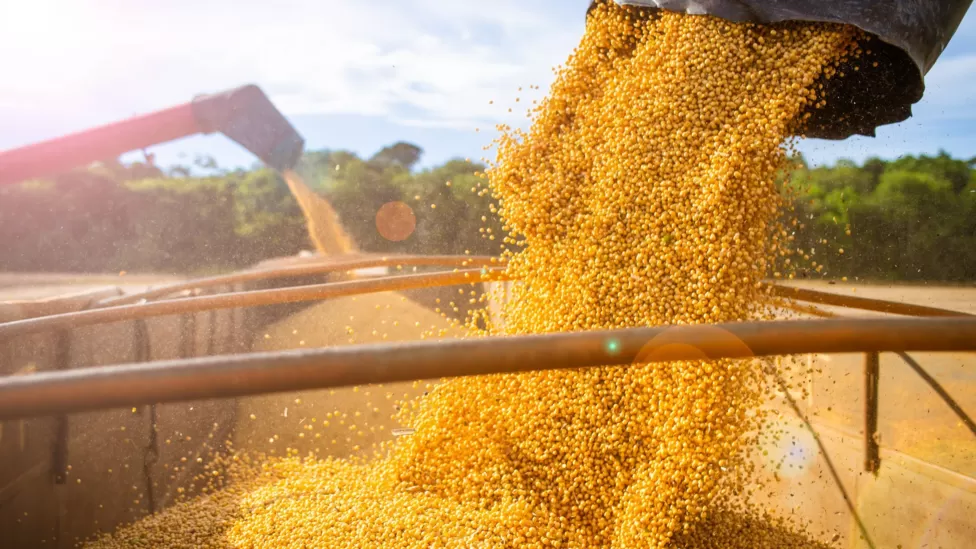
The report estimates that 600,000 tonnes of CO2 was emitted by deforesting these areas, the equivalent of 1.2 million flights from London to New York. A spokesperson for Brookfield said: “Brookfield made limited investments in Brazil’s agriculture sector during the last decade. The decision to sell these businesses was taken several years ago because the fund they were held in was reaching the end of its life, and we therefore had an obligation to return capital to investors.” Global Witness claims that this decision to sell clashes with public statements subsequently made by Mr Carney as a global leader on climate policy, which call upon companies not to sell off climate-damaging assets, but to hold onto them and either clean them up or close them down.
‘You have to have ownership of the problem’
On 24 October Mr Carney told the House of Commons Environmental Audit Committee that “in many respects the easiest thing for an institution to do if they have exposure in an emerging economy to coal or something like that… is to sell it, is to walk away. What we’re looking to do… is to have responsibility for the institution to have a managed phase-out.” Carney reiterated this view at the COP27 environment conference in Egypt, saying at a panel on Forest and Climate Leadership, “You have to have ownership of the problem. Don’t divest your way out of the problem.” Veronica Oakeshott, forests campaign lead at Global Witness, said: “We believe that rather than simply selling off the farms that they deforested, Brookfield should have reforested that land.
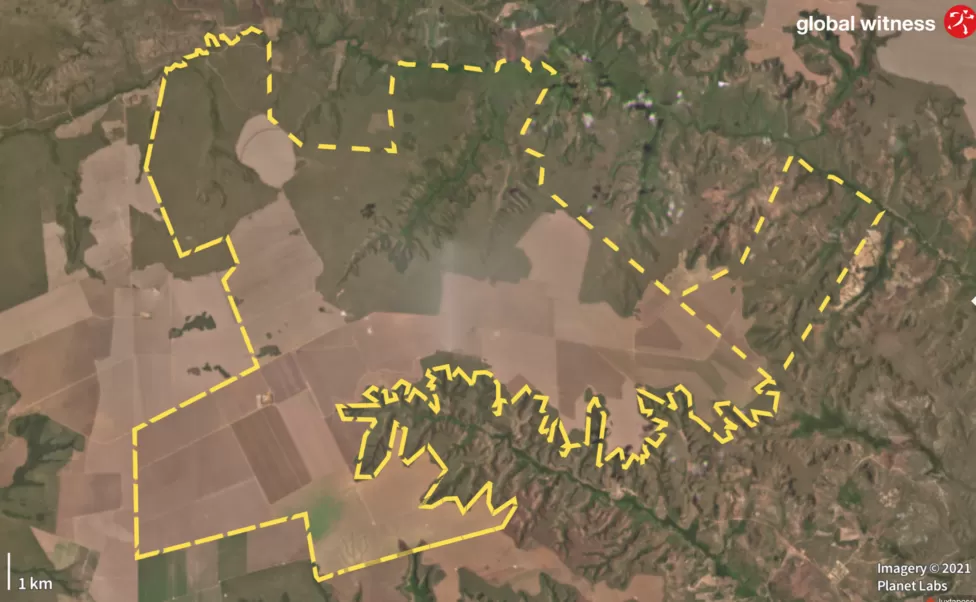
“In order to meet climate targets and limit global warming to no more than 1.5 degrees we absolutely have to halt deforestation. But we also have to reverse it.” However, Brookfield’s argument is that there was no way to restore the vegetation without making a loss, because the financial mechanisms to compensate them weren’t in place – though they are part of the coalition at GFANZ working to develop them for the future.
“The debate around phasing out carbon-intensive assets is very new and most participants recognise that innovative forms of financing are required to support the early retirement of such assets. Brookfield is working alongside policymakers and financial institutions around the world to help develop this thinking,” the spokesman said. Mr Carney’s role at Brookfield involves raising a $15bn “transition fund” to invest in decarbonisation projects such as renewable and nuclear energy and battery storage. Brookfield says it no longer holds any investments in mining, forestry or agriculture in Brazil.
![]()


